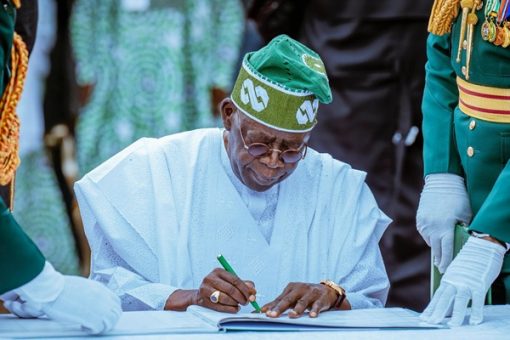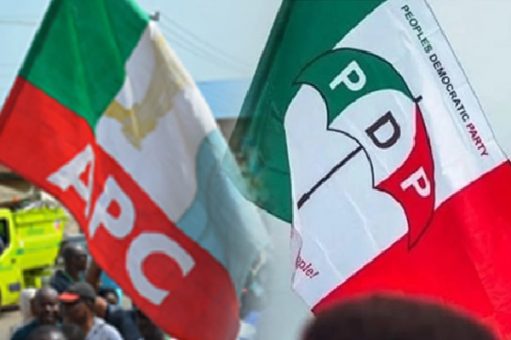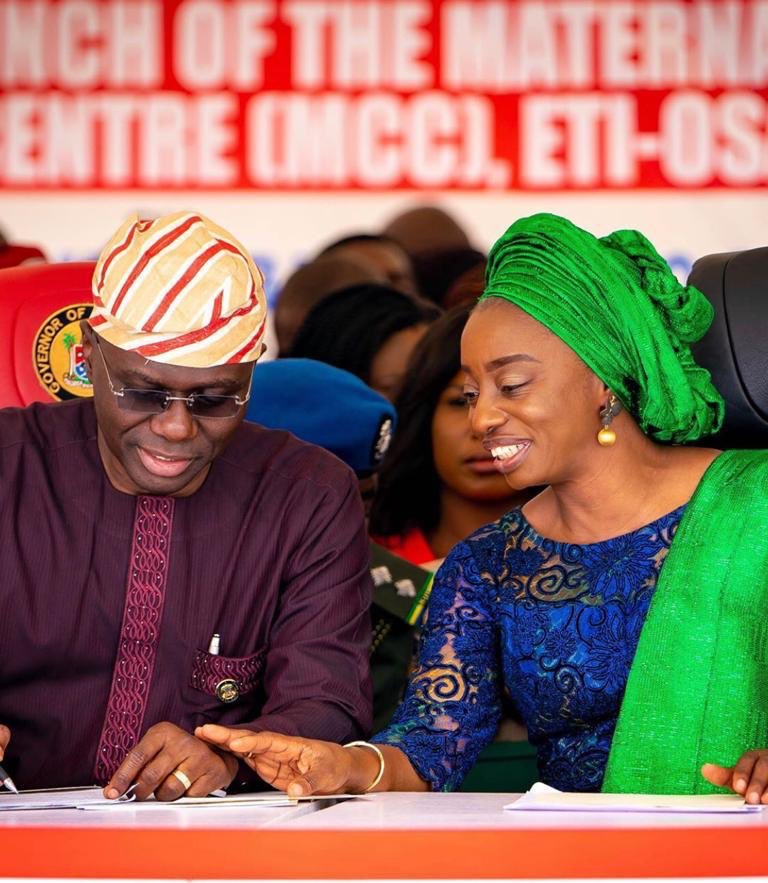President Bola Tinubu has called for a comprehensive reform of the global financial system governing Africa’s mineral resources, urging the continent to take charge of financing, exploration, and value addition in its extractive sector.
Represented by Vice President Kashim Shettima, Tinubu made the call at the Second Africa Minerals Strategy Group (AMSG) High-Level Roundtable on Critical Minerals Development, held on the sidelines of the 80th United Nations General Assembly in New York.
The President stressed that Africa must no longer serve merely as a supplier of raw materials but as a key player in global supply chains.
“We must take the bull by the horns in financing our future. Never again shall we wait for capital to trickle in. With sovereign funds, blended vehicles, and innovative tools like the Africa Mineral Token, Africa shall finance Africa,” Tinubu declared.
He added that minerals such as cobalt, lithium, graphite, gold, and rare earths should be safeguarded collectively, with African states acting as one bloc to protect sovereignty and negotiate better terms globally.
Four Pillars for a Mineral-Led Future
Tinubu outlined four key imperatives to unlock Africa’s mineral-driven economic future:
1. Value Addition – ending the cycle of exporting raw materials and importing finished products by investing in beneficiation and green manufacturing.
2. Ownership of Data – through initiatives such as the African Minerals and Energy Resource Classification (AMREC) and the Pan-African Resource Reporting Code (PARC) to map and standardize geological data.
3. Accelerated Exploration – prioritizing government-led exploration and national geological mapping to ensure sovereignty and economic value.
4. Sustainable Financing – leveraging sovereign wealth funds, blended financing models, and private partnerships to strengthen Africa’s mineral economy.
He commended reforms by countries including Zimbabwe, Gabon, Kenya, and Nigeria that restrict raw mineral exports in favour of local beneficiation, describing them as “historic acts of courage.”
Global and Regional Partnerships
The UNDP’s Regional Director for Africa, Ahunna Eziakonwa, cautioned African leaders to ensure that partnerships deliver real value such as technology transfer and job creation rather than exploitation.
Also speaking, EU Commissioner for International Partnerships, Jozef Stkela, highlighted the EU’s 2024 Critical Raw Materials Act, noting that four of its 14 global partnerships are already with African countries.
Nigeria’s Investment Drive
On the sidelines of the UNGA, Vice President Shettima also attended a business roundtable hosted by the Business Council for International Understanding, in partnership with Flour Mills of Nigeria and other firms.
He assured investors that Tinubu’s sweeping economic reforms were stabilising the Nigerian economy, adding that “there has never been a better time to invest in Nigeria.”
Shettima further held talks with Austrian Chancellor Christian Stocker, where both sides agreed to deepen bilateral ties and explore new areas of cooperation.




